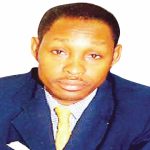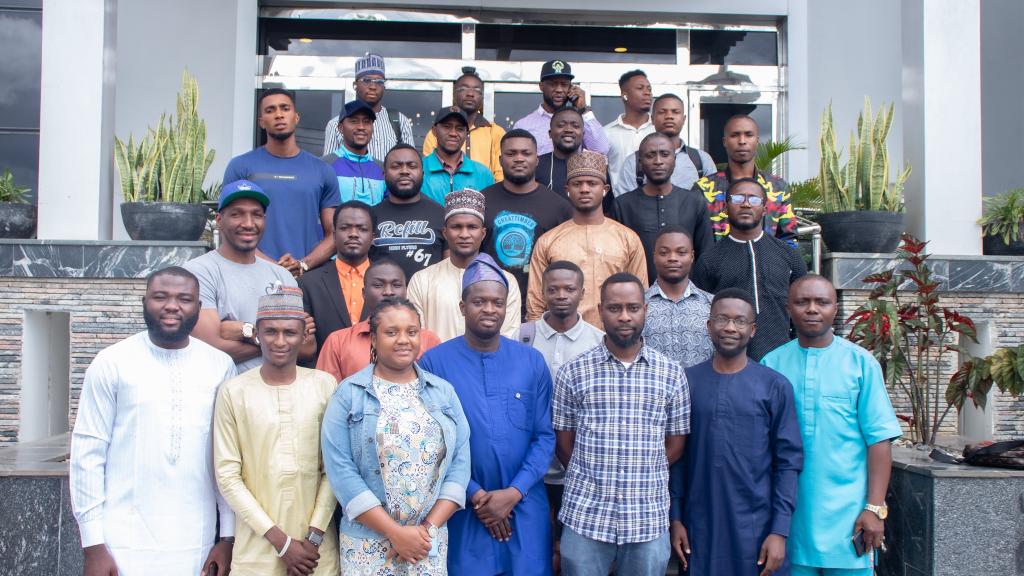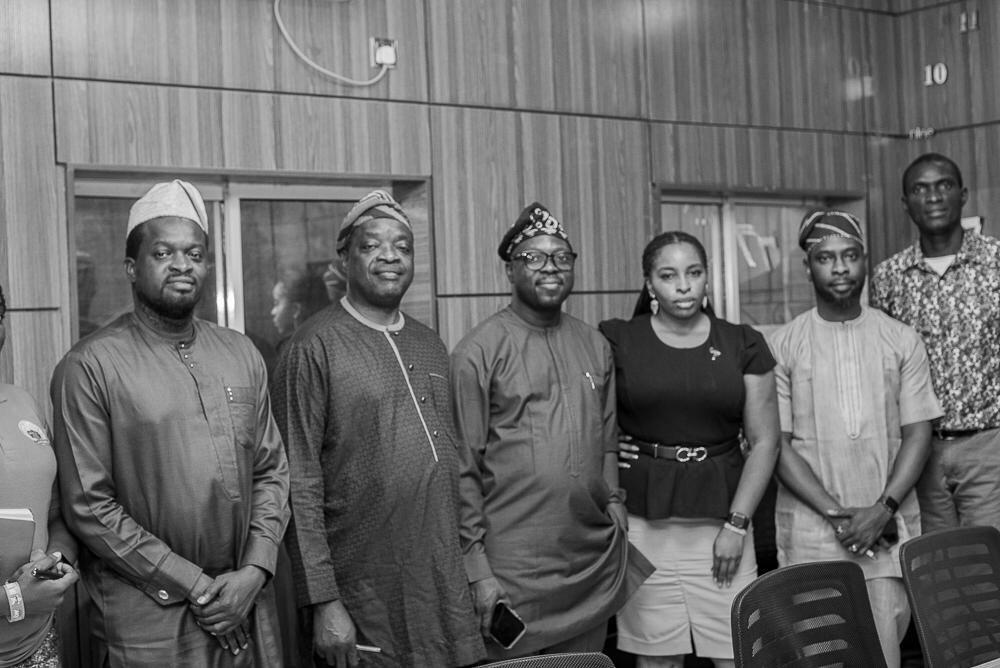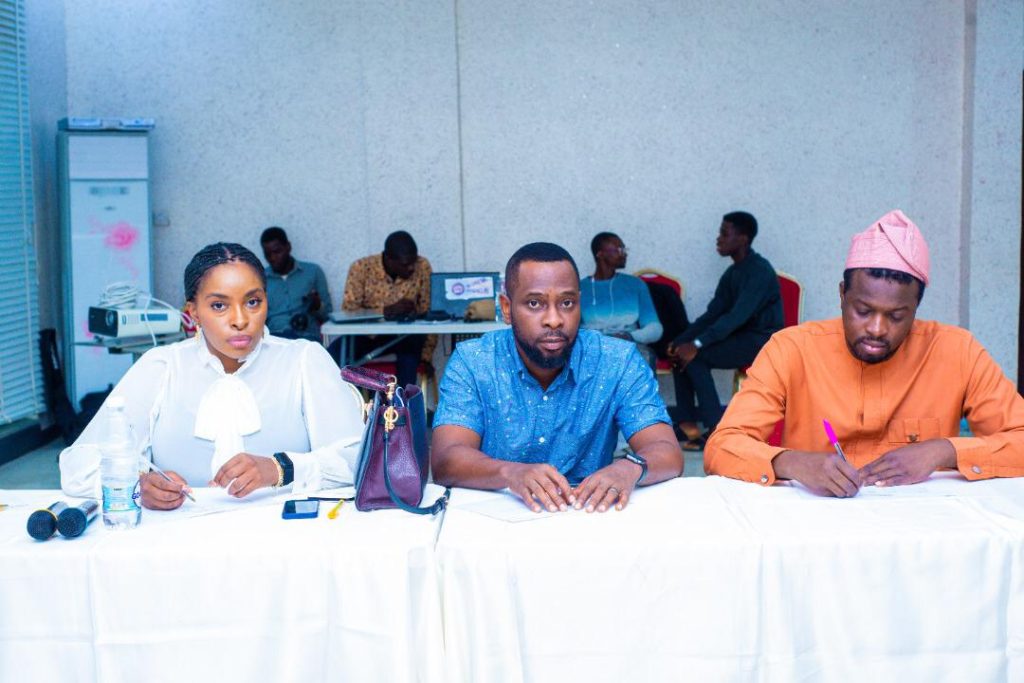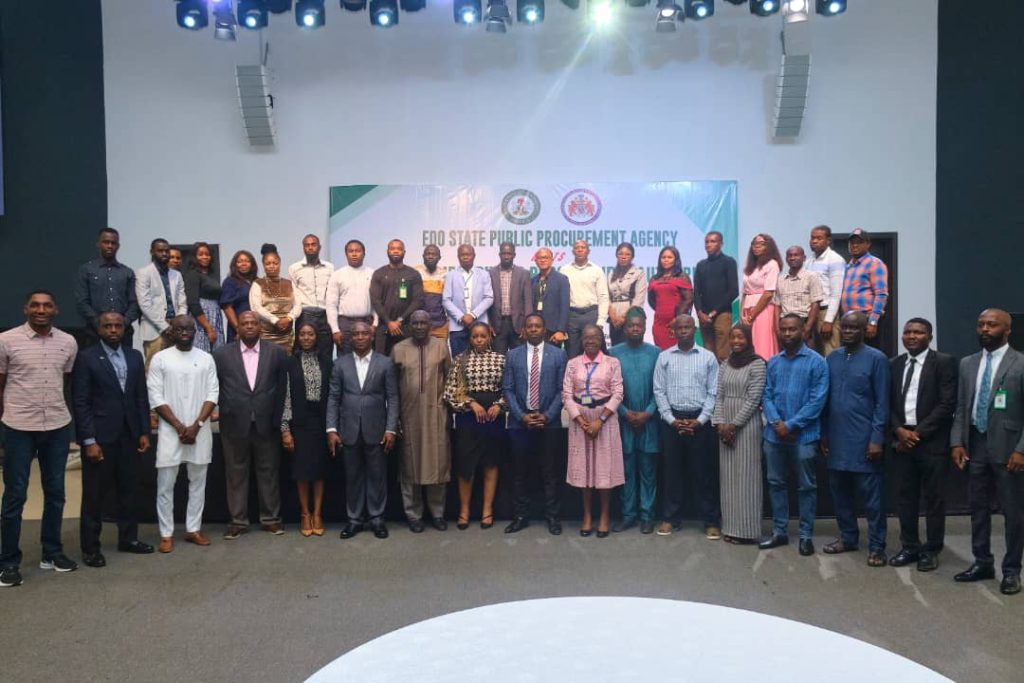By Esther Onyegbula
In a bid to address mental health challenges confronting young people in Nigeria, stakeholders in the health sector have called for deliberate and targeted interventions to increase mental health wellness across the country.
Speaking at Skillz adolescent mental health engagement organised by Youth Empowerment Development Initiative in partnership with Grassroots Soccer to mark World Mental Health Day, Dr Toriola Femi Adebayo said that building life skills in children and adolescents and providing them with psychosocial support can help promote good mental health.
Adebayo said: “Targeted intervention programmes for friends and families to increase mental health awareness and strengthen the ties between adolescents and their families are also important.
“These programmes should also target teachers and school counsellors who work with adolescents and young people.
“Also, increasing mental health literacy about depression can increase help-seeking behaviours, and reduce the delay between the first signs and symptoms and seeking help from a professional is important.”
Speaking on the importance of the event, Executive Director, Youth Empowerment Development Initiative, YEDI, Adeoye Oluwatomisin said that the event is advocacy for Mental Health inclusion into the Skillz curriculum.
“Research has shown that one out of six adolescents suffer from mental health. Young people struggle with depression, and anxiety and the awareness around it is very low, especially in Nigeria. And they don’t get the necessary support because they don’t have a clear understanding of mental health. We are here to create awareness around it and include it in the curriculum to meet the needs of young people in Nigeria.
“We are here in partnership with grassroots Soccer which is our technical partner and they are supporting the inclusion of mental health into the Skillz curriculum that we use.
Explaining further, Oluwatomisin said: “The inclusion is from primary to secondary school. What we are doing is creating awareness around mental health. Youths struggle with depression, and they don’t have access to information. They have challenges but don’t have people they can talk to. Our curriculum is evidenced based on age-specific to cater for their needs. We are going to break down the information in a way that the young people can understand.
According to Charmaine Natasha Nyakonda in her presentation, “it is up to organizations that work in mental health and mental health spaces to create the right environment for young people to know and speak out when they struggle with these mental health issues and also learn coping skills. Society needs to normalize discussing mental health conditions, challenges, and negative emotions.”
HPV vaccination in focus as 3rd NSSF WeNaija campaign takes off
By Sola Ogundipe
Nigerian youths have been enjoined to advocate for their local communities in strengthening health sector leadership in the country while engaging with critical health issues like HPV infection as they focus on raising awareness about the availability of the Human Papiloma Virus, HPV, vaccine and its uptake in preventing cervical cancer.
Making the call during a virtual media parley to unveil its 3rd WeNaija campaign aimed at reskilling and retooling the Nigerian youthful population to promote community participation, the General Manager/CEO of the Nigeria Solidarity Support Fund, NSSF, Dr. Fejiro Chinye-Nwoko, said the annual youth engagement campaign was providing growth, empowerment, and economic uplift for Nigerian youths.
Chinye-Nwoko noted that as part of its strategic initiatives, the NSSF, with the support of Global Citizen, was launching the “WeNaija Awareness to Action” programme to engage Nigerian youth in raising awareness and promoting HPV vaccines against cervical cancer and for a strengthened healthcare system in Nigeria.
The contest runs from October 11 through December 8, 2023. It is a deliberate opportunity to raise awareness about the uptake of the HPV vaccine for girls between the ages of 9 and 14 through video content creation. The videos are to serve as an advocacy tool to promote leadership and youth participation in advocating for essential healthcare improvements.
The GM/CEO said that the NSSF recognises that an estimated 74.9 million Nigerians are aged between 18 and 35, as reported by the Population Pyramid 2023, and that the content creation contest is part of the NSSF’s efforts to improve health outcomes by effectively bringing together the people aged 18–35 to be part of a national drive to advocate for healthcare system strengthening while providing an avenue for their empowerment.
“We believe that the WeNaija Campaign is an innovative way to get more youth between the ages of 18 and 35 involved in asking the right questions to improve their communities and hold leaders accountable. We aim to strengthen the leadership and governance of the health sector by supporting the youth to advocate for important health issues that affect them and their communities, such as HPV infection and vaccine availability.
“We aim to raise awareness about the HPV vaccine and its importance in preventing cervical cancer. The 2023 WeNaija campaign will ask youths to create video content that will raise awareness and uptake of the HPV vaccine.”
Chinye-Nwoko said that the campaign recognises that social media is not just a tool for awareness but also a platform for civic engagement and creative expression.
“By actively participating in the discussions, sharing their thoughts, and creating content, youths become stakeholders in the conversation about healthcare and immunisation.
“We hope that more Nigerians will understand the benefits of vaccination and, more importantly, take their girls ages 9–14 to get the HPV vaccine once the national campaign commences. We also hope to build a vibrant community of advocates for healthcare improvement through active participation and social media conversations.
“Every year for the WeNaija campaign, the NSSF collaborates with stakeholders, including the media, to raise awareness about specific health causes. The WeNaija contest is a national initiative that represents another step by the NSSF towards transforming the lives of vulnerable Nigerians, strengthening healthcare systems, and reskilling the Nigerian workforce.
“With this year’s contest, we want to increase awareness of the benefits and availability of HPV vaccines in Nigeria, empower Nigerian youths with the skills and knowledge for video content creation, and increase opportunities for global employment via social media.”
Among its goals and objectives, the WeNaija programme aims to improve youth participation in advocacy by activating youth engagement in advocating for issues that matter to them and ensuring their voices are heard in decision-making processes.
It will also provide practical knowledge and skills for communication. This will be done by equipping young advocates with the tools they need to effectively communicate their ideas and drive positive change.
To be part of the campaign, participants are urged to visit www.nssf.ng/hpvvcontest for details.
WORLD THROMBOSIS DAY: Walk, stretch regularly to move against thrombosis, Nigerians told
…As global campaign promotes blood clot prevention
By Sola Ogundipe
Nigerians have been called upon to proactively move against thrombosis, commonly known as blood clots, by regularly engaging in walking and stretching, as well as other simple movements that can increase blood flow and help reduce the potential for blood clots to form.
Thrombosis is the leading cause of preventable hospital deaths worldwide, even though an estimated one in four people die from conditions related to blood clots.
Speaking weekend on the occasion of the 10th World Thrombosis Day, themed “Move Against Thrombosis” , medical experts warned against the common risk factors that increase the likelihood of developing blood clots. These include extended hospitalisation, cancer, pregnancy, and the postpartum period.
World Thrombosis Day is a global effort established by the International Society on Thrombosis and Haemostasis, ISTH, to spread awareness of the signs, symptoms, and risk factors of thrombosis.
In the view of the Chair of the World Thrombosis Day Steering Committee, Dr. Lana Castellucci, “One of the reasons that thrombosis ends up as the cause of death for one in four people worldwide is that many of its symptoms are synonymous with other common conditions.
“When a person experiences a leg cramp, for example, it is unlikely that they will seek a blood clot screening, and unfortunately, that can result in the condition becoming fatal. We are working to educate the public on the signs and symptoms of this prevalent condition to ensure proper medical care is sought before it’s too late.”
According to the experts, thrombosis can develop in, or travel to, blood vessels throughout the body, often causing symptoms that can be mistaken for other conditions.
“The most common signs of a blood clot in the leg, or deep vein thrombosis (DVT), can include pain or tenderness in the calf, swelling of the ankle or foot, redness or noticeable discoloration and/or warmth in the area.
“Signs of a blood clot in the lungs, or pulmonary embolism (PE), can include unexplained shortness of breath, rapid breathing, chest pain, rapid heart rate, and/or light-headedness or loss of consciousness.
“Up to 60 percent of venous thromboembolism (VTE) cases occur during or after hospitalisation, as patients are more likely to have decreased mobility due to bedrest, while patients with cancer are four times more likely to develop a serious blood clot due to the effects of surgery and chemotherapy.
“Also, blood becomes stickier during pregnancy and immediately after delivery, while the weight of the uterus pressing on veins in the pelvis can slow circulation in the legs.”
Regularly exercising and maintaining a healthy weight are important for people with these and other risk factors, they noted.
More than 5,000 partner organizations and individuals from more than 120 countries joined forces to advance understanding of the treatment and prevention of blood clots.
Founded in 1969, the ISTH comprises more than 7,000 clinicians, researchers, and educators working together to improve the lives of patients in more than 124 countries around the world.
It is the leading worldwide medical and scientific professional Society dedicated to advancing the understanding, prevention, diagnosis, and treatment of conditions related to thrombosis and hemostasis.
The post Stakeholders advocate interventions to increase mental health awareness in Nigeria appeared first on Vanguard News.
Last modified: October 16, 2023

